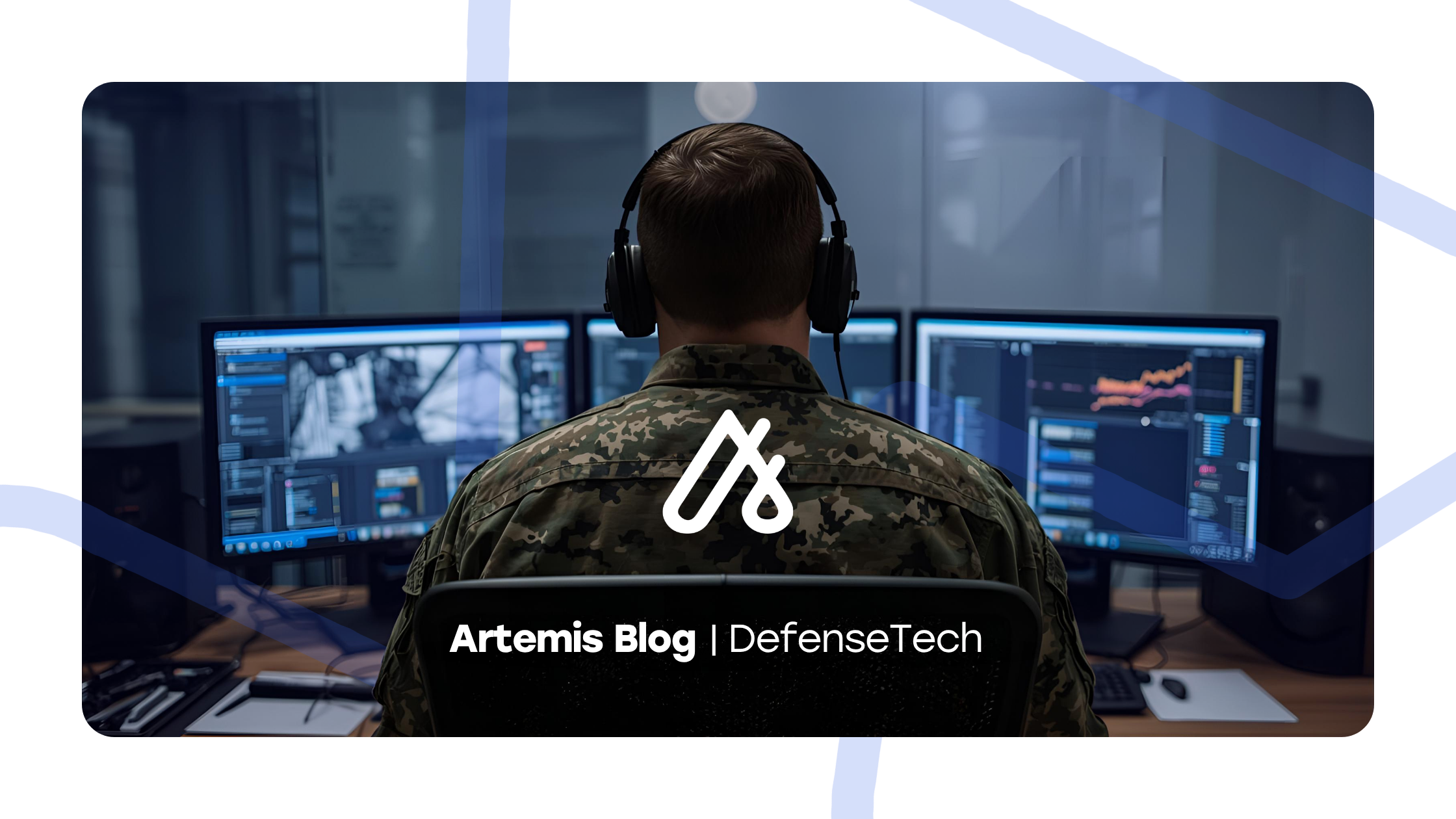Headhunting for Specialized Roles: Filling the Gaps in High-Demand Industries
In high-demand industries like technology, healthcare, and consumer packaged goods (CPG), the need for specialized skills has never been greater. These fields require talent with unique capabilities, whether it’s expertise in AI development, healthcare compliance, or market analytics. But the competition for such talent is fierce, and many companies struggle to attract candidates with the right combination of experience and specialization. Enter the expert headhunter—an invaluable partner in sourcing niche talent and finding the candidates who will propel businesses forward.
1. The Rise of Specialized Roles in Today’s Market
As technology advances and industry regulations evolve, businesses are creating new, highly specialized roles to meet complex demands. In technology, for example, the rise of AI, machine learning, and cybersecurity has fueled demand for roles that didn’t exist a decade ago. Healthcare faces similar shifts, with new requirements for data security, telemedicine expertise, and regulatory compliance. CPG companies, too, are expanding their focus on digital transformation and data analytics, requiring professionals who can drive insights and innovate in a fast-paced market.
This evolution has widened the gap between the talent available and the talent required, especially for businesses focused on staying at the forefront of their industries. The search for niche talent is no longer a straightforward task for internal recruiters, who may lack the industry-specific insights and network necessary to fill these roles effectively.
Pro Tip for Hiring Managers:
Collaborate with headhunters who specialize in your industry to gain a competitive advantage. Their deep knowledge of emerging industry trends and specialized roles can help you secure talent with the cutting-edge skills your organization needs.
2. Why Headhunters Excel in Sourcing Niche Talent
Unlike internal recruitment teams, who may focus on a broad range of roles across the company, headhunters concentrate on targeted searches, especially in areas requiring specialized expertise. They bring a finely tuned approach to identifying niche talent, understanding the technical skills, certifications, and unique experiences that set top candidates apart. Additionally, headhunters come equipped with extensive industry networks and insights that enable them to connect with talent pools that others might overlook.
A headhunter’s competitive edge lies in their ability to understand not only the job requirements but also the subtle dynamics of the industry, the company’s culture, and the candidate’s future potential. This knowledge allows them to tailor their search and prioritize candidates who meet both the technical and cultural needs of the organization—an especially crucial factor in high-demand industries.
Pro Tip for High-Demand Industries:
When seeking niche talent, work with a headhunter who knows your industry well. They can help you tap into networks and candidate pools often hidden from broader searches, increasing your chances of finding that “needle in the haystack.”
3. Techniques to Attract Passive Candidates
One of the biggest challenges in filling specialized roles is engaging passive candidates—those who are not actively job hunting but would consider the right opportunity. These candidates are often highly skilled professionals who are already making an impact within their current organizations. Finding them requires a proactive and thoughtful approach, one that headhunters excel at.
Building Authentic Relationships: Headhunters are masters at cultivating long-term relationships within their networks. They don’t approach candidates solely with job offers; instead, they build trust over time, offering industry insights, career advice, and thoughtful introductions. When the right role emerges, candidates are more likely to respond to a headhunter they already trust.
Tailored Value Propositions: Headhunters know how to speak to the motivations of passive candidates, from career growth and industry impact to work-life balance and organizational culture. By crafting personalized messages that resonate with these motivations, headhunters are better equipped to capture the interest of high-caliber talent.
Discretion and Confidentiality: Headhunters respect candidates’ need for privacy, especially those currently employed. They provide a discreet channel for candidates to explore opportunities without risking their current roles. This respect for confidentiality is often what encourages top talent to engage with headhunters instead of applying through conventional channels.
Pro Tip for Attracting Passive Candidates:
Define what makes your company and the role unique. Work with a headhunter to translate this into a compelling value proposition that will resonate with candidates who may not be actively looking but would consider a move for the right opportunity.
The Impact of Headhunting on High-Demand Industries
In industries where specialized skills are critical to success, partnering with a headhunter can be a game-changer. Headhunters bring unparalleled expertise in niche markets, exclusive access to passive talent, and the ability to attract candidates who match the technical demands and cultural dynamics of your organization. By filling these critical roles with qualified, motivated talent, companies can close skill gaps, enhance innovation, and achieve sustained growth.
Specialized roles are the backbone of progress in today’s most competitive fields. With a headhunter’s support, companies can not only meet current talent needs but also build a workforce that’s equipped to handle the future of their industry.
Look out for the next installment in “The Art of Headhunting” series, where we’ll explore the importance of building trust and long-term relationships in recruitment.










